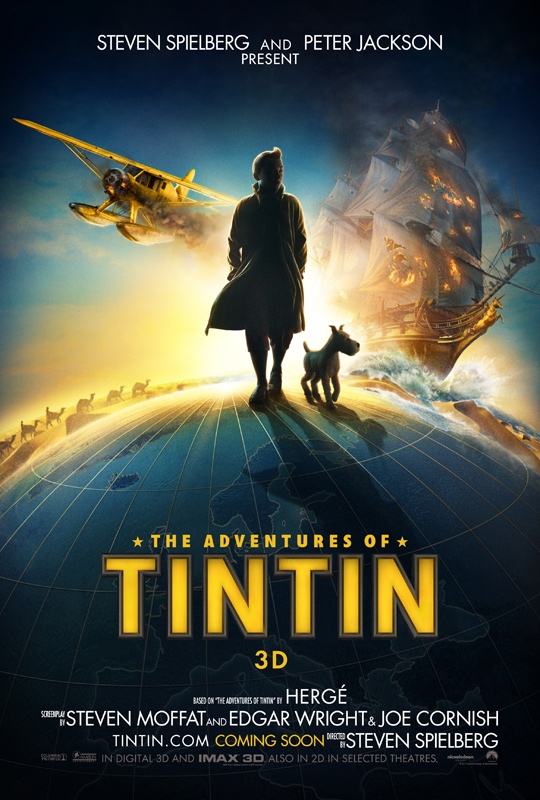I’ve written about my misgivings about a CG Tintin before, but my fandom keeps overtaking my rational reservations. The thought of Steven Spielberg and Peter Jackson collaborating on this material, working from a script by Steven Moffat (writer of some seriously good TV) and Edgar Wright, is pretty exciting. And now we have this pair of handsome posters. If only the last movie that had me this excited at poster stage wasn’t Indiana Jones and the Kingdom of the Crystal Skull.
Monthly Archives: May 2011
Every so often I read something so good that I just have to post to alert to it, even if I don’t have much to add. This essay by Thomas J. Campanella is one of those pieces. It looks at the influence of Jane Jacobs on the urban planning profession, and in particular how her influential book The Death and Life of Great American Cities led to a decades long funk from which the profession has never really recovered.
It’s a great article because it puts so many of the issues facing the profession into a historical context; looking at it from the other direction, it shows how one of the fundamental, entry-level planning texts still taught at universities continues to shape debate. I love Jacobs’ book, and I love the story around it: it is one of the all-time classic instances of an outsider to a profession coming in and, with Emperor’s New Clothes-style clarity, completely demolishing everything that those smart-alec professionals believed. And, of course, she was right: you can quibble with all sorts of things Jacobs wrote, but her core criticism of the profession – that it was completely ignoring what actually made good cities good – was spot on. Probably no profession has ever made quite as much of a balls-up of their core business as urban planners did in the period after World War II. (No profession that uses as a core text a book as blatantly and completely bugnuts insane as Le Corbusier’s The City of To-Morrow and its Planning deserves anybody’s respect).
Some real posts should follow shortly, but as a filler here’s an image expressing a thought every planner has had while playing Sim City. (From Cracked’s “If Video Games Were Realistic.”)
I looked more seriously at the game vs reality of Sim City here.


